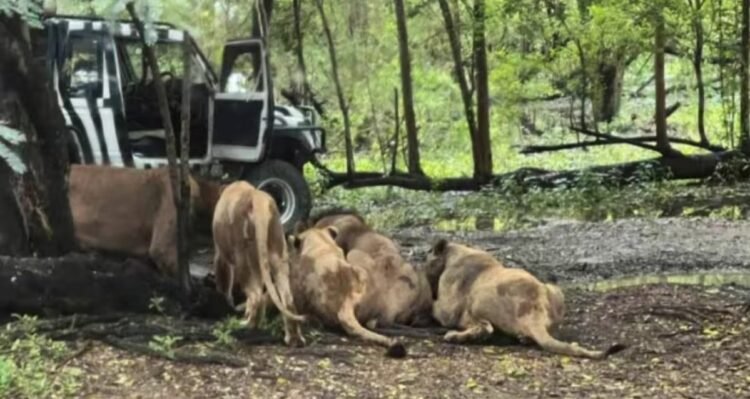Safari World Bangkok lion attack has ignited fierce debate over zoo safety and wildlife management in Thailand. The tragic death of an animal keeper raised urgent questions about regulations, private ownership, and human–animal interactions.
Permit issues raise concerns
Safari World Bangkok admitted that its zoo permit expired last October and still awaits renewal. Poommai, a Thai official, emphasized that the park must meet safety standards to prevent another deadly Safari World Bangkok lion attack.
The zoo released a statement promising an urgent investigation and stricter measures. It warned visitors not to leave vehicles in wild animal zones and highlighted safety as its top priority.
Wildlife groups call for action
Edwin Wiek, founder of Wildlife Friends Foundation Thailand (WFFT), offered condolences to the victim’s family and urged authorities to reform. He stressed that even lions raised by humans can suddenly attack without warning.
WFFT demanded a ban on uncontrolled lion breeding outside licensed zoos. It also called for an end to keeping lions and other dangerous species in homes, cafés, and entertainment venues.
World Animal Protection Thailand echoed those concerns, urging that the lions be relocated to sanctuaries. The group argued that forcing predators to perform for entertainment puts both humans and animals at extreme risk.
Alarming growth in captive lions
Conservationists cited alarming data on Thailand’s captive lion population. Between 2018 and 2024, the number rose from 131 to 444 — a 239 percent surge. Even more concerning, private ownership has soared by over 1,300 percent, raising welfare, safety, and trafficking risks.
A troubling trend in Thailand
This tragedy marks the second fatal animal attack in a Thai wildlife park this year. In January, a Spanish tourist, Blanca Ojanguren García, was killed by an elephant while bathing it at the Koh Yao Elephant Care Centre.
Safari World Bangkok, one of Asia’s largest open-air zoos, remains popular for its staged animal shows. Yet, critics argue its practices highlight the urgent need for reform in Thailand’s treatment of captive wildlife.

 English
English



























































